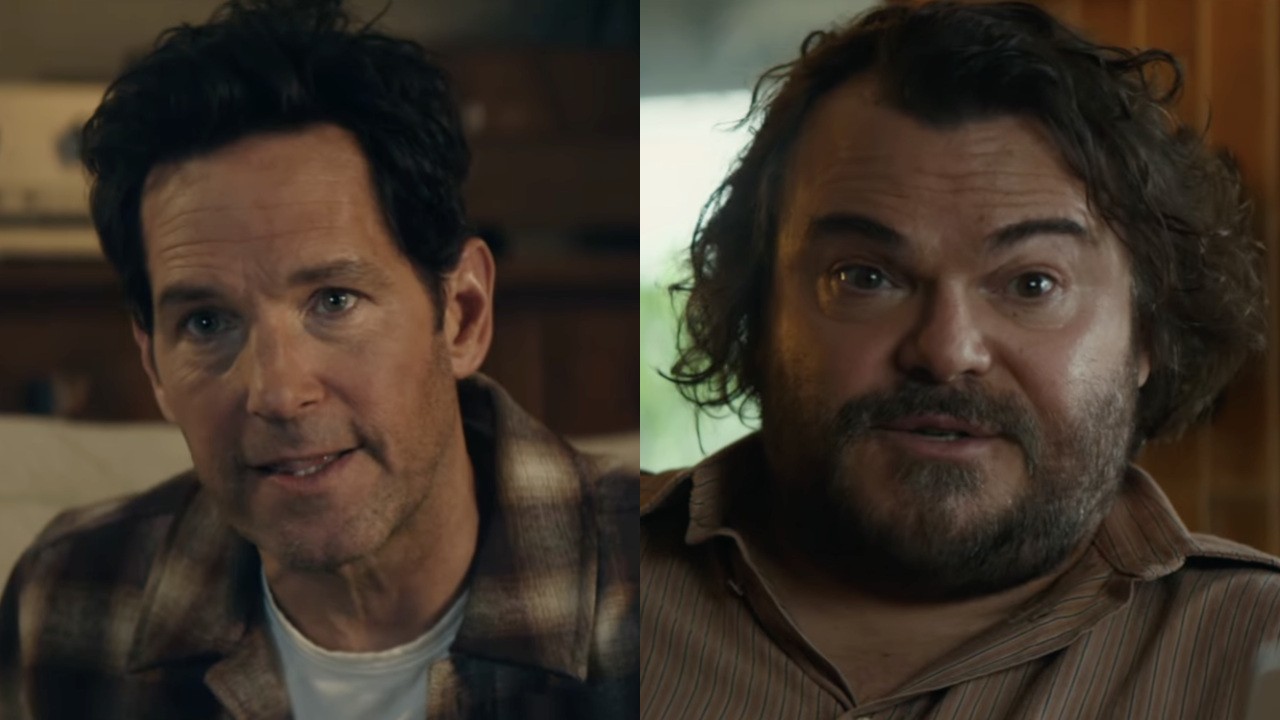Trailers
Latest about Trailers
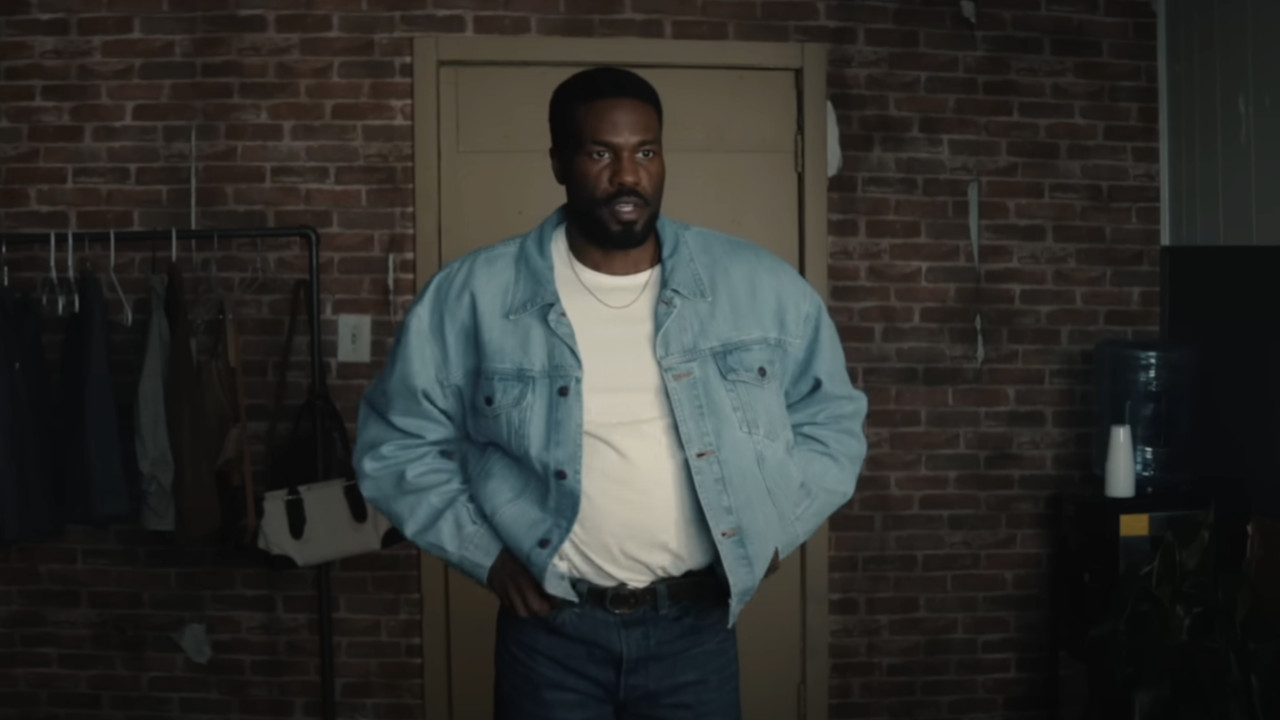
Marvel’s Wonder Man Trailer Is Delightfully Meta, But What I Really Love Is That A New MCU Bromance Is Brewing
By Erik Swann published
I'm so ready for this.

Jennifer Lawrence And Robert Pattinson's Die, My Love Trailer Has So Many Intense And Disturbing Moments, But One Is Still Making Me Feel Uncomfortable
By Nick Venable published
Mental and physical struggles all over the place.
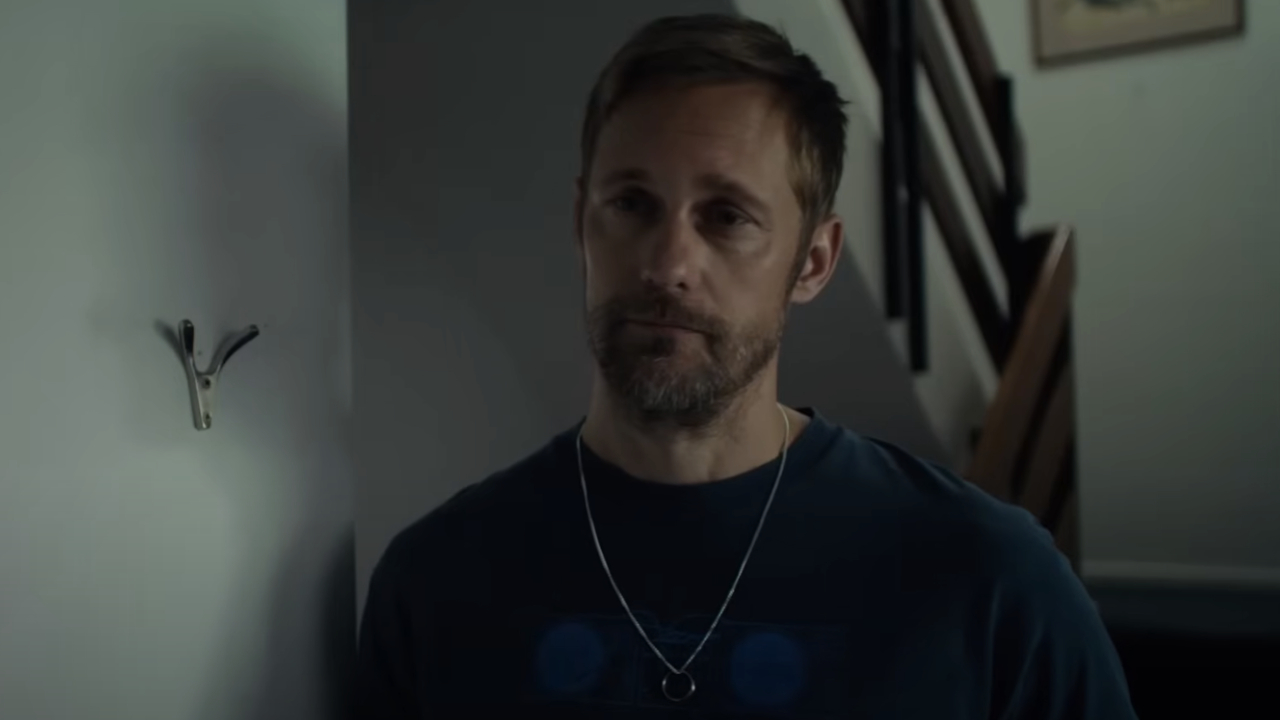
A24's Pillion Trailer Shows Alexander Skarsgård In A BDSM Relationship, And I Think His Internet Daddy Status Is About To Reach A New Level
By Erik Swann published
Skarsgård fans are about to get all hot and bothered.
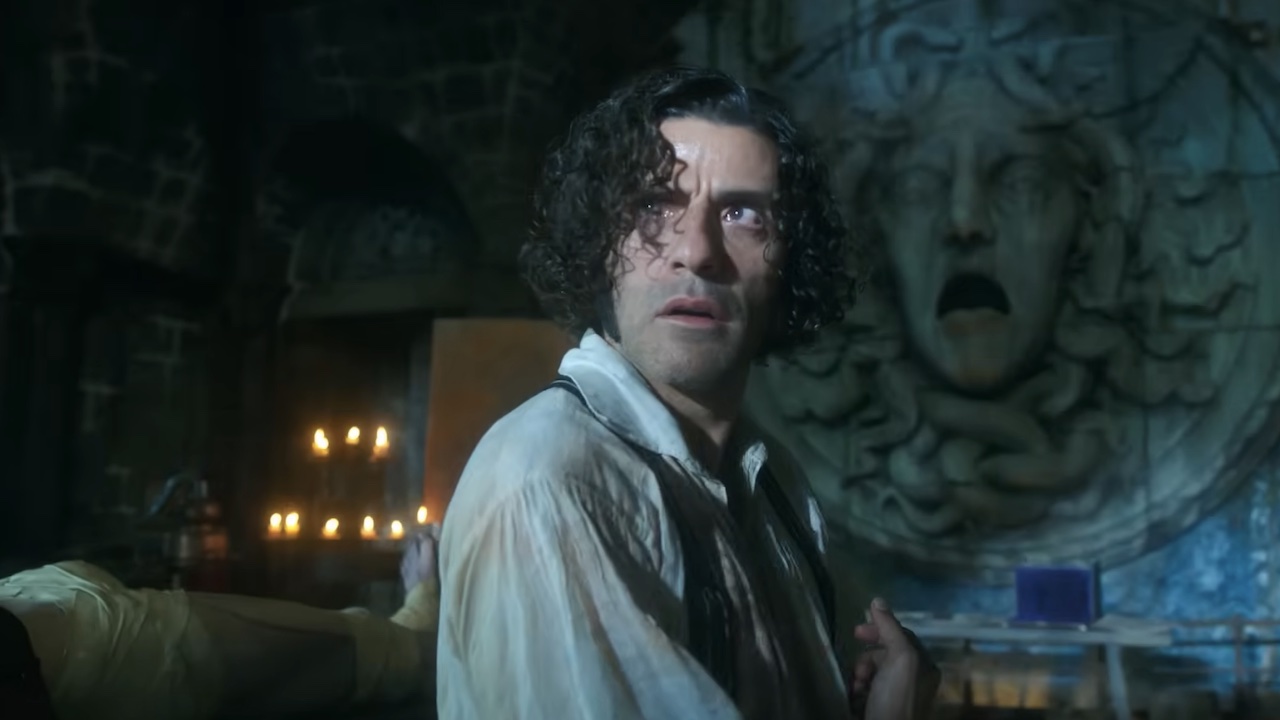
Full Frankenstein Trailer Is Epic And Visual, But Something Is Missing
By Corey Chichizola published
Euphoria's Jacob Elordi is playing a different type of monster.
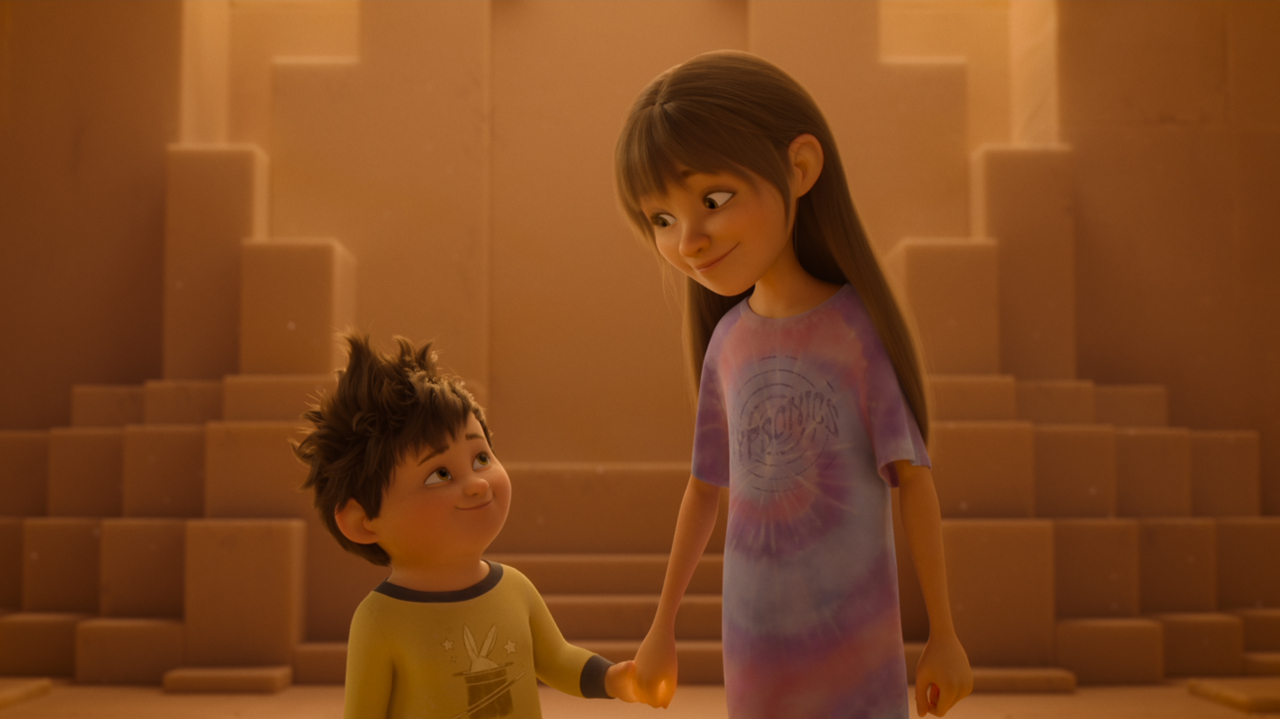
The In Your Dreams Trailer Is Out Of This World, But This Is Just A Small Taste Of What Netflix's New Animated Movie Has To Offer
By Philip Sledge published
November 14 can't come soon enough!

I Just Watched Maggie Gyllenhaal's The Bride Trailer, And I Love The Bonnie And Clyde Vibes This Frankenstein Movie Is Giving Off
By Adam Holmes published
She's alive!

I Didn't Have Sigourney Weaver Raining On Baby Grogu's Parade In The First Look At The Mandalorian And Grogu On My Bingo Card
By Corey Chichizola published
That AT-AT destruction though.
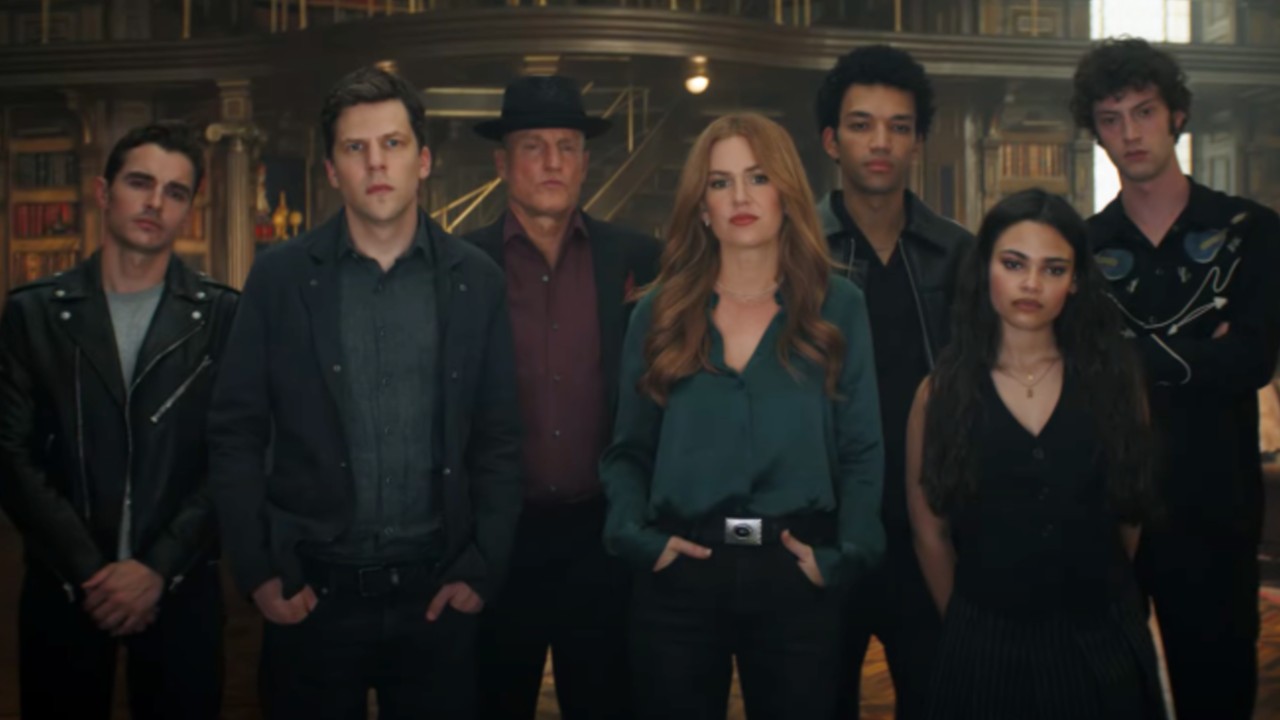
Now You See Me: Now You Don't Latest Trailer Shows The Star-Studded Cast In Action, But It Left Me With A Question About Mark Ruffalo's Character
By Riley Utley published
You know what they say, "The closer you think you are, the less you'll actually see."
CINEMABLEND NEWSLETTER
Your Daily Blend of Entertainment News
LATEST ARTICLES
